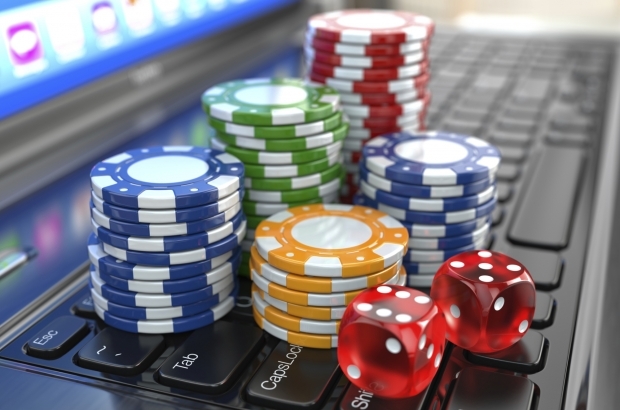- Daily & Weekly newsletters
- Buy & download The Bulletin
- Comment on our articles
Belgium ‘leads the way in Europe’ with ban on gambling advertisements
Belgium will ban advertisements for gambling following a decision by the country’s deputy prime minister and justice minister Vincent Van Quickenborne.
Van Quickenborne developed a proposal that strongly restricts and prohibits most forms of gambling advertisements, including TV and radio commercials, advertisements and video advertisements on websites and social media platforms, advertising in magazines or newspapers, posters in public places and personalised advertising via mail, SMS or social media.
“The philosophy is that only people who want to gamble and actively seek information about gambling will be confronted with gambling advertising in the future,” the minister explained in a statement.
According to a report by the Flemish expertise centre for addiction, more than 100,000 active gamblers in Belgium have a gambling disorder, and one third of them have a serious addiction.
These “problem gamblers” finance up to 40% of the turnover of gambling companies, which Van Quickenborne said means the billion-euro industry's profits are “made on the backs of people with addictions”.
The minister has already cracked down on gambling in Belgium in other ways, including a tightening of rules on sports betting and other forms of gambling that take place in newspaper shops.
Gambling ads also encourage addiction among young
“The gambling industry is making more and more profit in our country at the expense of people with a gambling addiction. Every day, gambling advertisements are fired at us from all sides and encourage these addictions, also among young people,” he said.
He pointed to the growing list of people on the so-called EPIS list, a register which means they are banned from casinos and gambling institutions due to their addiction. People can be placed on the list by a judge, but many request to be added of their own accord.
The number of people who voluntarily allowed themselves to be placed on the Gambling Commission's excluded persons list has increased by 70% compared to 2014.
“For them, the damage has usually already been done, with enormous financial, mental and social consequences. That’s why we are severely restricting gambling advertising,” Van Quickenborne said.
The new regulations are intended to combat the “normalisation” of gambling, especially in regards to advertisements targeted at minors.
Gambling companies will still be allowed to advertise on their own social media accounts, but without the possibility of interaction and with video messages limited to five seconds.
They will also be allowed to advertise inside physical gaming establishments themselves and on a webpage with search results after entering search terms that are gambling related.
Sports sponsorship will disappear and will be completely banned from 1 January 2025, with several transitional measures in the meantime.
In addition to the list of prohibited and permitted forms of advertising, the royal decree also sets out a number of general ethical rules which the still-permitted forms of gambling advertising must comply with: for example, gambling advertisements may not use "natural persons" (meaning real people, usually celebrities when it comes to legal advertising) or fictitious characters.
“After all, well-known personalities such as sportsmen, actors or influencers convey a certain positive image of gambling,” the minister’s office explained.
Violations of the decree can result in administrative fines from the Gaming Commission and/or criminal prosecution with fines and prison sentences as sanctions.



















